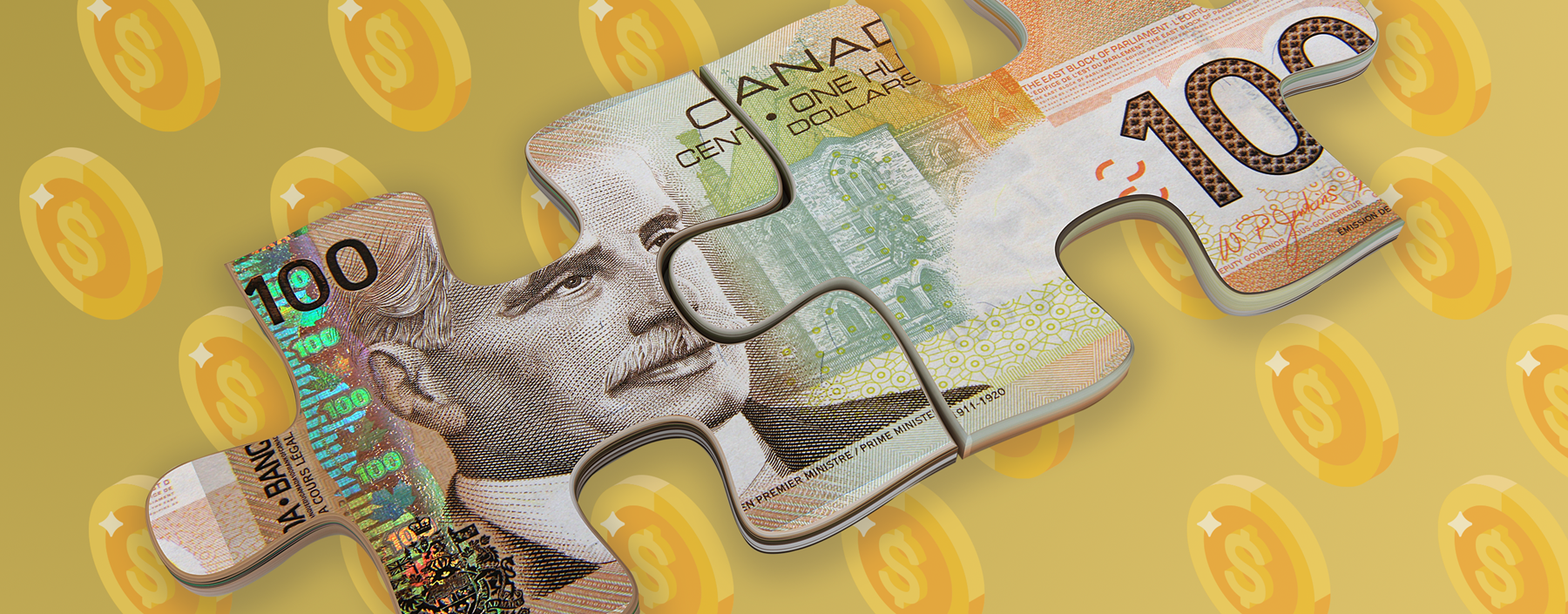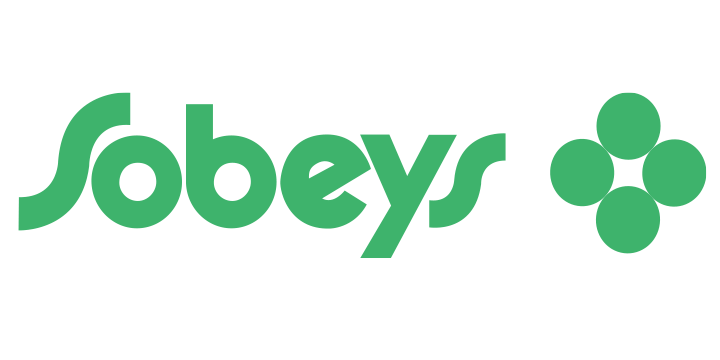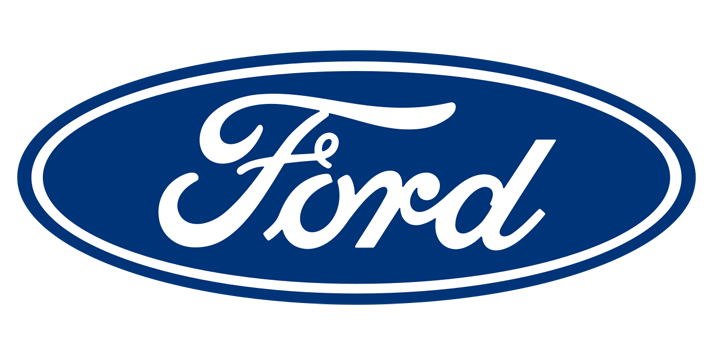

Programming Slate Summary
PlatformsAdvertising offers by platform
ShowsCurrent programming directory
Schedule GridsBroadcast schedules by platform
Creative FormatsAvailable types of advertising
Technical SpecsAdvertising standards and formats
Custom storytelling solutions
Commercial ProductionIn-house production services
MAX CBC/Radio-CanadaDigital ad buying platform
Distribution - Archive SalesAccess to CBC/Radio-Canada's archives

A Winning Strategy
In the years following economic downturns, Canadians tend to increase their spending.
Compared with the other G7 countries, Canada bounced back well after the economic crisis of 2008–09.
Factors contributing to resumed consumer spending include temporary fiscal measures 1.
In the situation we currently face, it is entirely reasonable to expect that economic activity will pick up after the confinement measures are over.
+5% From 2008 to 2010, household expenditures in Canada grew by 5% 2
+8% Food
+5% Alcoholic Beverages*
+5% Sport, camping and open-air recreation gear
+12% Telecommunications equipment and services
+23% New Trucks, vans, and SUVs
Sources:
1. Bank of Canada.
“Household Finances and Economic Growth.”
2. Statistics Canada. Table 36-10-0225-01.
Detailed household final consumption expenditure, provincial and territorial, annual (x 1,000,000).
*Alcoholic beverages, tobacco and cannabis

There are multiple benefits to maintaining ad investments
OCCUPY THE AD SPACE LEFT VACANT BY YOUR COMPETITORS AND PREVENT A DROP IN SALES
Research proves it: companies that reduce their advertising spend during a recession tend to see their sales and earnings drop by 20% to 30% during the two subsequent years 1. Conversely, companies that upped their marketing budgets in challenging economic times have seen improved financial performance beginning the following year2.
HOLD ON TO YOUR SHARE OF VOICE TO RETAIN YOUR MARKET SHARE
Marketing consultant Peter Field has studied advertising in times of economic downturn, a context similar to what we are currently experiencing. He observed that although cutting advertising budgets will reduce a company's expenses over the short term it results in lower share of voice and, in turn, decreased market share. According to Field, it is important to maintain share of voice (SOV) at or above share of market (SOM), even in times of crisis 3.
Sources:
1. Adweek.
“Marketing in a recession: 10 things to remember.”
2. Harvard Business Review.
“How to market in a downturn.”
3. Institute of Practitioners in Advertising (IPA). “Advertising in a downturn”

Maintain ad presence in order to be well positioned when things get back to normal
STAY TOP-OF-MIND WITH CONSUMERS TO BE IN BETTER SHAPE WHEN THINGS RECOVER
Keeping up advertising spend will ensure you stay top-of-mind with consumers, and they will recall your brand more than your competitors' after the crisis has passed 1. A study by Harris Interactive/Yankelovich asked consumers what they thought of companies that continue advertising in a down economy:
86% of consumers said that those companies were top of mind when they were ready to resume purchases 2.
The experts say that companies who hold firm during economic crisis by paying greater attention to consumers' needs come out the other side stronger and better positioned than ever 3.
Plus, your message is more likely to be heard and retained in a market where there are suddenly fewer advertising messages 1.
Sources:
1. Advertising Specialty Institute.
“Advertising in a recession.”
2. Medium.
“Advertising during crisis times: What you do now will impact your business long-term.”
3. Harvard Business Review.
“How to market in a downturn.”
History shows the importance of maintaining advertising spend in times of crisis
Crisis of 1923 - Companies that continued to advertise saw their sales grow by 20% compared with their 1920 levels, while those that reduced advertising saw theirs decline by 7% 1.
1949, 1954, 1958 and 1961 recessions - Buchen Advertising tracked ad dollars vs. sales during these recessions. Sales and profits dropped for companies that cut their ad budgets, and after the recessions ended, those companies lagged behind the ones that had maintained their advertising spend 1.
1970 recession - A study by the American Business Press demonstrated that companies that advertise and market aggressively can maintain and increase sales
during a recession and in subsequent years 1.
1990-91 recession - Pizza Hut and Taco Bell both increased their ad spend while McDonald's cut back on its budget. Pizza Hut grew its sales by 61%, Taco Bell increased its sales by 40%, and McDonald's saw its sales decline by 28% 2.
2008-09 recession - Amazon's sales increased by 28%. It was during this period that the online retailer developed and promoted its new Kindle products, leading its e-book sales to outstrip those of printed books for the first time 2.
Sources:
1. Advertising Specialty Institute.
“Advertising in a recession.”
2. Forbes.
“When a recession comes, don't stop advertising.”

What should advertisers focus on during the COVID-19 crisis?
FOCUS ON YOUR BRAND
Many experts are advising companies to focus their efforts of their brand and on loyalty. Marketing guru Mark Ritson says that during the current COVID-19 crisis, “performance marketing” won't achieve the desired results. Instead, he recommends that companies keep up the work they've done on their brands so that they won't have to start all over again at the bottom once the crisis has passed 1.
Again, brands that continue spending on advertising during difficult economic times improve their odds of survival over the medium and long term 2.
Sources:
1. Marketing Week.
“Marketing in the time of COVID-19.”
2. Media in Canada.
“If not sports, then what?”
Adapt your campaigns to the situation
A World Advertising Research Center analysis of some 880 case studies showed that ad campaigns that emphasize emotional engagement tend to be more profitable than those that rely primarily on rational messaging, even when times are tough 1.
EXAMPLES OF ADVERTISERS THAT HAVE ROLLED OUT NEW MEASURES AND ADAPTED THEIR CAMPAIGNS DURING THE CURRENT CRISIS


Several grocery chains, including Loblaws and Sobeys, have moved to dedicate their early shopping hours to seniors so that they can shop in safety 2

Ford has begun offering payment assistance to buyers and existing owners of vehicles, via its financing arm 3

Hotels.com has adapted one of its most popular campaigns to urge all its customers to practice social distancing 4

IGA has launched a campaign to publicize the company's new hygiene measures and improved working conditions for employees in its stores and distribution centres 5,6

Microsoft has shifted its communications focus to emphasizing the excellence of its service to corporate customers during the current crisis, as many of them have adopted working from home policies and they need technical support on how to stay connected. The company has also introduced a free crisis communications app that provides customers with temporary access to premium product features 5




Several companies have decided to be charitable in these uncertain times. The Société des Alcools du Québec (SAQ) is using the delivery fees from website orders to make monetary donations to food banks. The Bay, Subway and the St-Hubert Group have also announced major donations to the food bank networks.
Another idea is to build informational ad campaigns focused on mutual assistance, not just sales of products and services.
Sources:
1. AdWeek.
“Marketing in a recession: 10 things to remember.”
2. CBC News.
“Stores offering the vulnerable their own time to shop.”
3. Ad Exchanger.
“The dos and don'ts of marketing during a global crisis.”
4. YouTube.
5. Strategy Online.
“How brands should communicate during a global crisis.”
6. Facebook.
Select an option to advertise in the CBC/Radio-Canada ecosystem


We and select advertising partners use trackers to collect some of your data in order to enhance your experience and to deliver personalized content and advertising. If you are not comfortable with the use of this information, please review your device and browser privacy settings before continuing your visit.